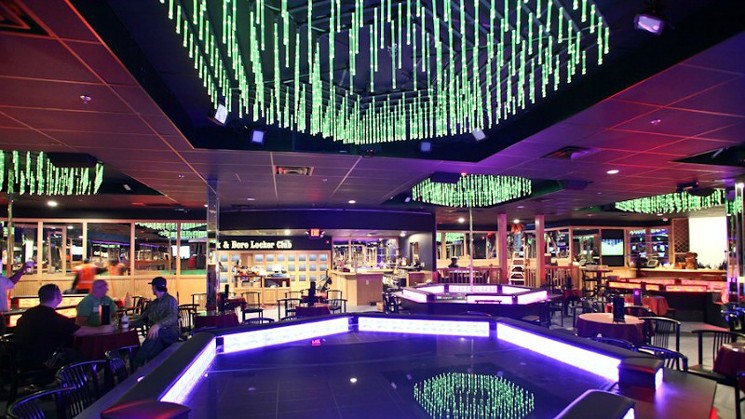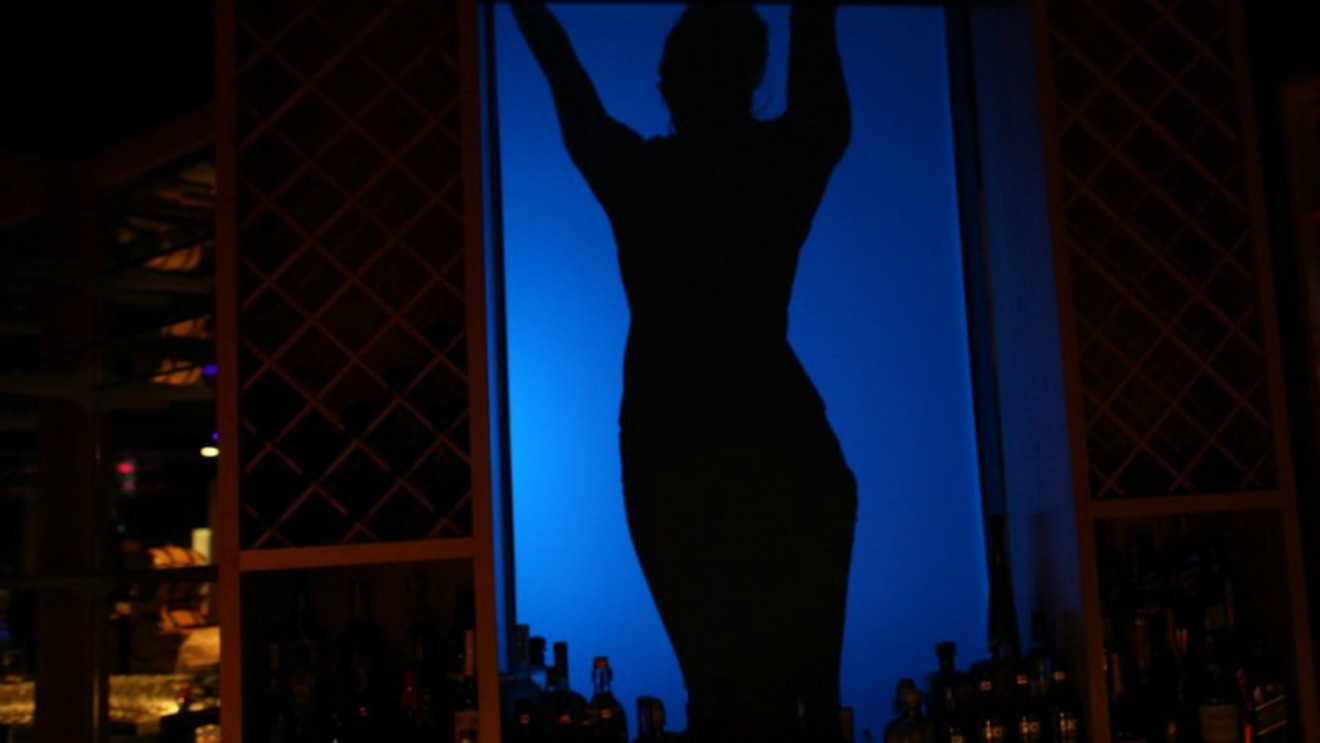Shotgun Willie's "exploited the dancers in a variety of different ways," says Mari Newman, the attorney in both cases. "The dancers had to pay to be allowed to work, they had to pay for the dances they did, and they had to share their tips with other workers. So even as they were not being paid, they were required to pay some of the tips they received from customers to other employees."
The suit specifically targets Bavaria Inn Restaurant, Inc., which does business as Shotgun Willie's, as well as Debbie Matthews, the club's owner and a frequent Westword article subject. Matthews is married to Mike Dunafon, a onetime gubernatorial candidate and current mayor of Glendale, the community in which Shotgun Willie's is located.
The plaintiffs at present are four ex-dancers at the club: Chada Mantooth, Gale Raffaele, Alexis Nagle and Nicole Bujok. However, the suit's class action status allows other onetime Shotgun Willie's dancers who contact Killmer, Lane & Newman, LLP, Newman's law firm, to opt into the complaint.

Photos from our November 2013 slideshow "The New Shotgun Willie's Opens Up."
Photo by Brandon Marshall
Dancers were asked "to pay before being allowed to work depending on the time their shifts began," the suit goes on, with so-called house fees topping out at $100; the highest fees were charged for the more profitable night shifts. In lieu of salary, the dancers received only "a portion of the gratuities or 'tips' that they were given by customers." The rest was given to bouncers, disc jockeys, the door person, dance counters and valets.
In addition, the suit maintains, dancers had to pay $5 for every personal/private dance provided to customers and another de facto fee whenever they danced in the "champagne" or "VIP" rooms; they were charged $25 for every hour they weren't on the stage dance rotation. As for those champagne and VIP room dances, Shotgun Willie's "required them to charge $25 per song played and to then pay $5 of that money to defendants," the complaint states.
Dancers were also fined for not dancing on stage during their shifts. If they were conducting a private dance when it was their turn on the main stage, they were charged $25.

Photos from our November 2013 slideshow "The New Shotgun Willie's Opens Up."
Photo by Brandon Marshall
Indeed, Newman reveals that a lawsuit she filed in 2013 against Fantasy Gentlemen's Club in Grand Junction was formally settled in January. In that case, as in this one, the club's owner, Kevin Eardley, was named as a defendant, making him personally liable in the action.
Regarding Fantasy Gentlemen's Club, Newman says, "We received a court order that found the dancers were legally entitled to be classified as employees, not independent contractors, and are entitled to wages and all the benefits that come with being an employee."
Why do clubs continue to utilize such a payment approach in the face of court losses? Newman has a theory: "There's so much stigma attached to the work these women are doing, and the owners of the clubs rely on that stigma in continuing to oppress them. They hope that people will be discouraged from standing up because they'll be discriminated against by the work they're doing. But people deserve to be paid for their work no matter what they do."
She adds, "It takes extraordinary courage for these women to stand up. And that's what they're doing."
Click to read the complete lawsuit.












